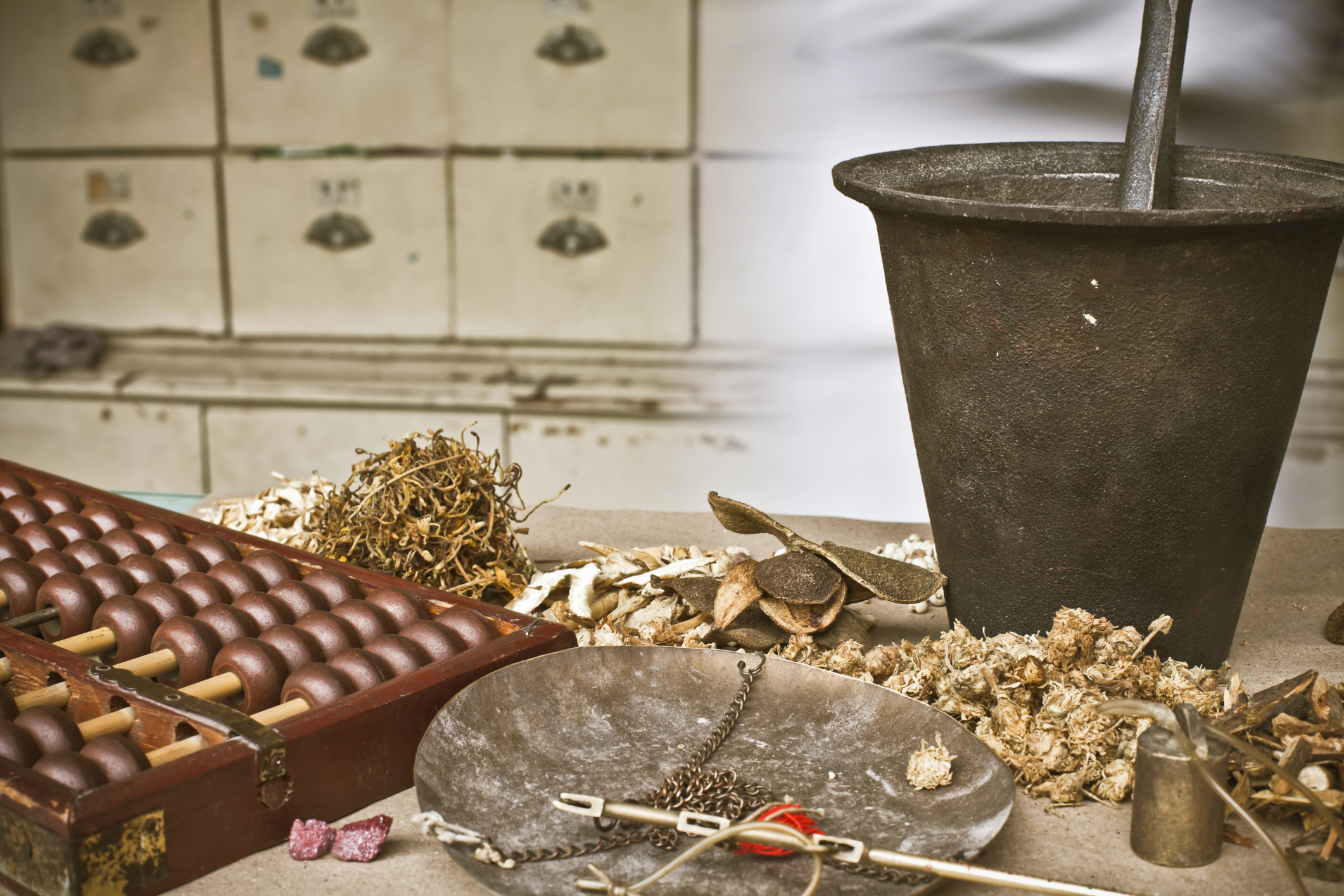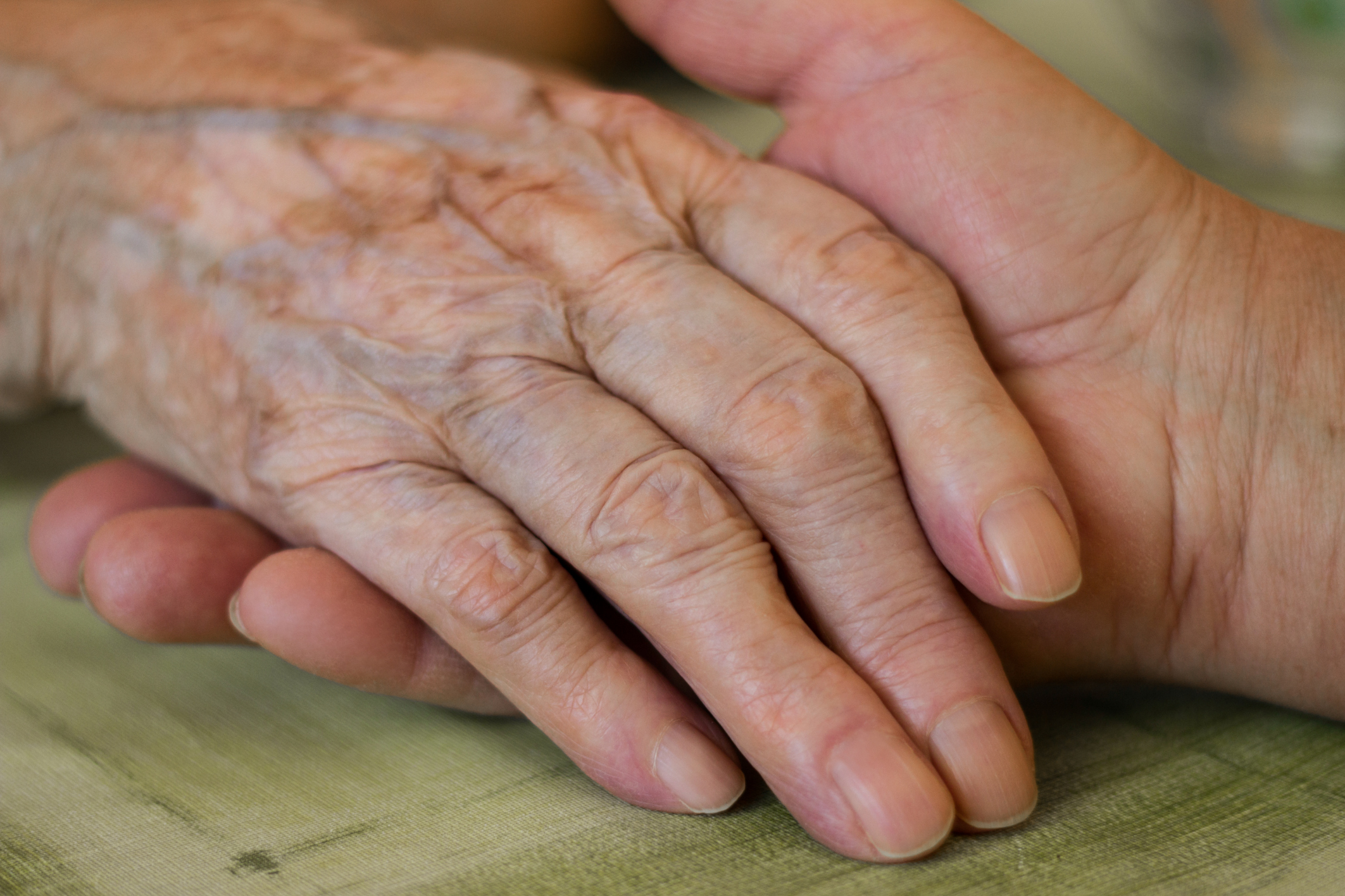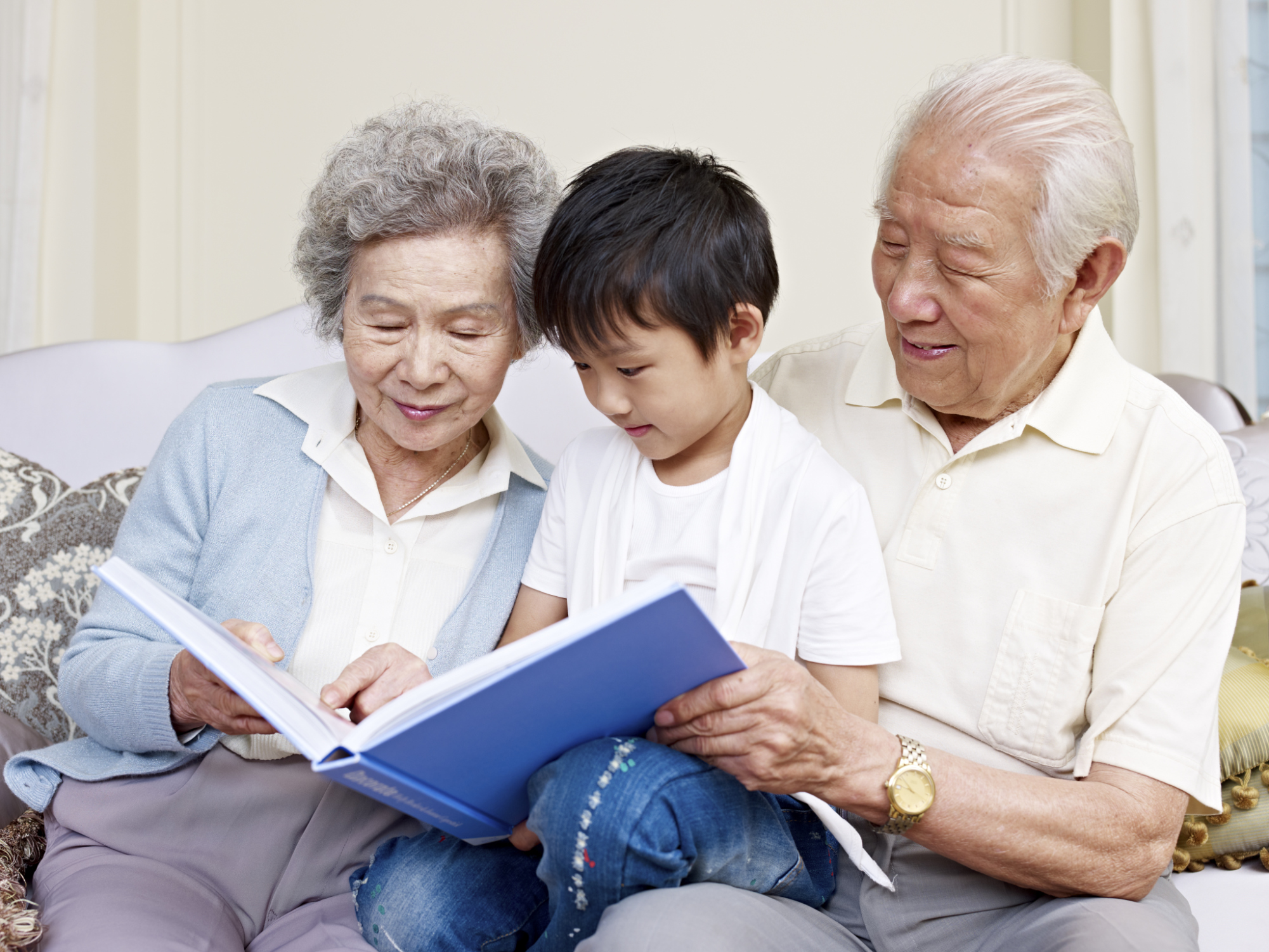When we are young, we sometimes forget that we will age. And the reality is, we will move slower — perhaps be more forgetful, maybe a bit grumpier, and our hobbies may shift to watching getai and Taiwanese soap operas, for instance.
That's where our grandparents are now: members of Singapore's pioneer generation, mostly above 60 in age and retired. We may not always connect very well with them — especially if we don't speak the dialect they're most comfortable with — and sometimes we take their presence in our lives for granted.
Is that all they are, though? I'd say, definitely not. There are many Chinese expressions such as 家有一老如有一宝 (Having an elderly at home is like having a treasure) that illustrate how precious the old are, and who better to start appreciating than our own grandparents?
With decades of life experience under their belt, our grandparents hold a secret treasure trove of epic stories, great secrets and fun, and sometimes random, thoughts. Here are five of the many things we can learn from them:
1. Be adaptable
 Photo: Thinkstock
Photo: Thinkstock
Throw out that notion that all grandparents or old people are sticks in the mud, stubborn and unwilling to change their practices. In actual fact, grandparents are sometimes more adaptable than young people. Perhaps it's got something to do with their tenacity and strong will to live, but our grandparents are constantly making an effort to keep up with our fast-paced society, even if they may still lag behind a bit.
In order to connect with their grandchildren, for example, they try to gain an understanding about the ever-evolving school curriculum and environment in order to better respond to their grandchildren and know more about what is going on in their lives.
Their adaptability can be seen in their usage of technology as well, whether it is the not-so-simple way to turn on the TV (what with all the smart TVs these days) or in making the effort to learn to use a smartphone. Some elderly people also go to community centres to learn how to use the Internet and social media to keep themselves up-to-date.
Our grandparents are truly embodying the values of 活到老,学到老 (literal: live till you're old, learn till you're old. Essentially a saying encouraging lifelong learning).
2. Be daring
 Photo: Thinkstock
Photo: Thinkstock
Did you know that you can suck the sap of the ixora flower? Some of us older ones might have been game enough to try it when we were younger, but you'd be hard-pressed to come across a teenager today who has done this. Ask any of your grandparents (probably your parents, too), though — they've most definitely indulged in it with glee.
Chances are your grandparents, who grew up in the once-plentiful kampongs, would have gone fishing in the longkangs (drains), caught centipedes and cockroaches with their bare hands and climbed trees, among other things you probably wouldn't even have thought of attempting.
 Photo: Thinkstock
Photo: Thinkstock
Also, when western medicine wasn’t as advanced and readily available, our grandparents turned to numerous traditional medicines, often made or brewed by themselves. Concoctions were made of every conceivable herb possible and came in all sorts of different colours (and the least pleasant of tastes), but our grandparents gulped them down bravely. Some people even ate newborn mice to attempt the treatment of internal injuries. They probably earned their recovery in the process, and up till today, these old folks still believe strongly in the effectiveness of these traditional, now seen as unorthodox, treatments.
3. Be resilient
 Photo: Thinkstock
Photo: Thinkstock
Our grandparents have been through horrific and sometimes unspeakable experiences, especially during the Second World War. My own grandmother has gone through traumatic events herself, and she was just 6 years old. She ate tapioca when she had no rice, and developed serious jaundice as a result. But she has never once complained about her difficult childhood, rather she continued to live on with tenacity. She is now a strong and independent woman even in her old age; she continues to inspire the people around her with her will to live.
The next time you feel like complaining about your latest first-world problem (phone battery dying, running out of data, too much homework to do, parents aren't allowing you to go out and meet your friends, even falling sick), go have a chat with one of your grandparents for a nice big dose of perspective.
4. Be faithful
 Photo: Thinkstock
Photo: Thinkstock
Divorce rates all over the world have been on the rise, especially over the past few years. In our grandparents’ time, though, it was a rare phenomenon. In fact, it was considered taboo and could often cost a couple their highly-valued familial ties.
You could think of it as ironic, considering how most marriages back then were arranged, but it just goes to show how faithful our grandparents are. They respected and viewed the marriage vows they had recited on their wedding day as sacred. No matter that their spouses may not have been of their choice or to their liking — out of obedience, our grandparents accepted their marriages, remained loyal to their spouses and did their best to live in harmony with them for the sake of their children.
This level of commitment, in my opinion at least, is more important and valuable than any flyaway notion of "true love".
5. Be selfless
 Photo: Thinkstock
Photo: Thinkstock
I’m not sure if this is true for everyone, but the way grandparents dote on their grandchildren can only be described in a word: "selfless". Somehow, their own preferences and needs fade away when they see the desires of their grandchildren. No matter how rude their grandchildren may be, they never stop loving them.
Through their nagging, grandparents also convey love for their grandchildren; they always want the best for them. It’s a pity how many of us nowadays do not recognise this and find taking care of our grandparents a burden or a bore, when they very likely spent many of our younger years looking after us while our parents were busy working to cope with the rising cost of living.
Grandparents are the most valuable assets we can ever have, not just because we can learn valuable life lessons from them but also because they will always be on our side, always supporting us and caring for us. Before it is too late, let us learn to appreciate them and love them in return.
If you like what you read, follow us on Facebook and Twitter to get the latest updates.
If you like what you read, follow us on Facebook, Instagram, Twitter and Telegram to get the latest updates.
